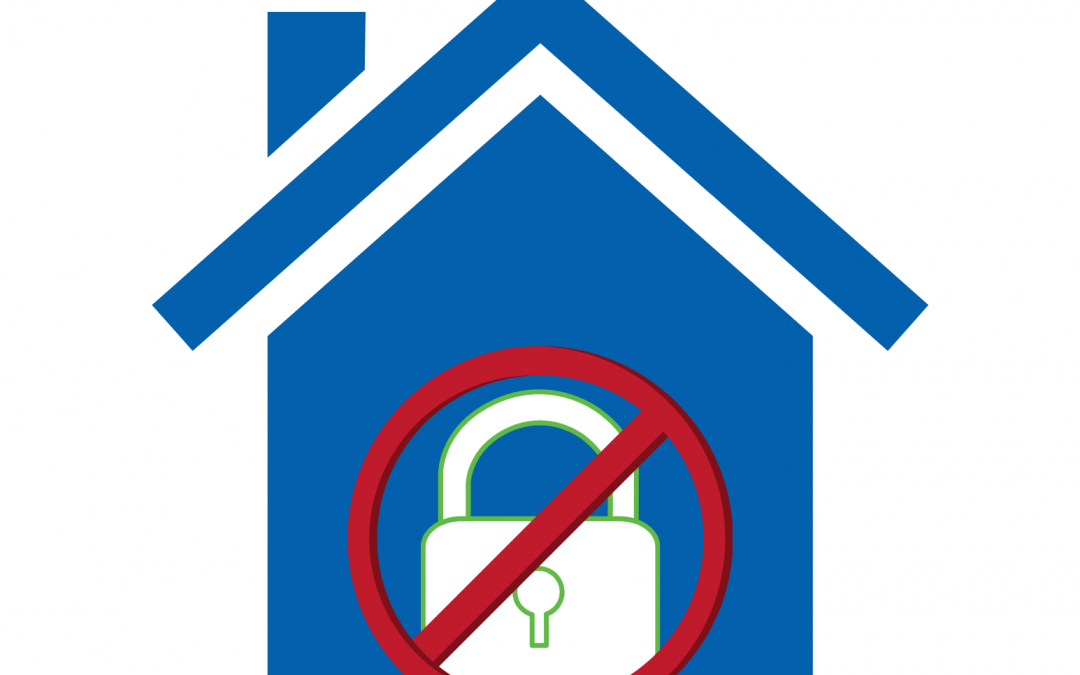Are you overwhelmed by the slew of recent changes to the eviction process in Virginia? Having trouble keeping track of what’s been done at the federal, state and local level to promote housing stability in the face of the COVID-19 pandemic, and where gaps in housing policy and preventive services remain?
Not to worry – NVAHA is here with our newly updated Northern Virginia Eviction Prevention and Housing Stability Toolkit, created in partnership with Legal Services of Northern Virginia (LSNV).
What’s New?
- Updated federal and state policy recommendations (pp. 3-4)
- Emerging best practices for local jurisdictions (p. 5)
- Summary of recent changes to state law (p. 4), and what these changes mean for landlords (p. 6) and tenants (p. 7)
- Updated rental assistance resources (p. 8)
- Updated infographic outlining the steps in the Eviction Process in Virginia during COVID-19 (p. 9)
Who Is This Resource For?
Like the earlier iteration of the Toolkit, the updated version provides information for all stakeholders, including residents worried about housing stability, landlords concerned about a loss of rental revenue, human service providers, local government agencies and policy makers. Each of these groups has a role to play in preventing eviction and promoting housing stability in our region, and we created this Toolkit to serve as a guide to that end.
For a pared down resource featuring only information relevant to residents and direct service providers, we’ve also updated our Tenant Supplement to highlight state policy changes that impact tenants’ rights during the pandemic.
What’s Next?
Recognizing that information sharing is just one piece of the eviction prevention puzzle, we are working to expand our impact through community partnerships. One new “Local Action” we’re excited to highlight in the updated Toolkit is the Alexandria Eviction Prevention Partnership – a collaboration between ALIVE!, NVAHA, LSNV and Lazarus Ministry Christ Church to organize and expand resident outreach and case management services in the City of Alexandria. In its first week, AEPP connected more than 200 residents with essential information about state and local tenant protections and rental assistance options.
We believe this partnership, along with other recent policy and programmatic changes that strengthen tenants’ rights and promote increased collaboration to prevent evictions and stabilize communities are best practices that should be sustained after the end of the public health emergency. We will continue to support and foster these best practices in 2021 and beyond.
Have a question about the Toolkit? Is there something we forgot to include? Contact Nora Daly, NVAHA’s Director of Programs and Community Engagement at noradaly@nvaha.org.
Do you find the Toolkit, and our other resources and original research reports useful? NVAHA is pleased to offer these resources to our community free of charge. If you are able, please consider making a donation to support our work, or share this post with a friend or colleague to expand our reach. Thank you for your support!

